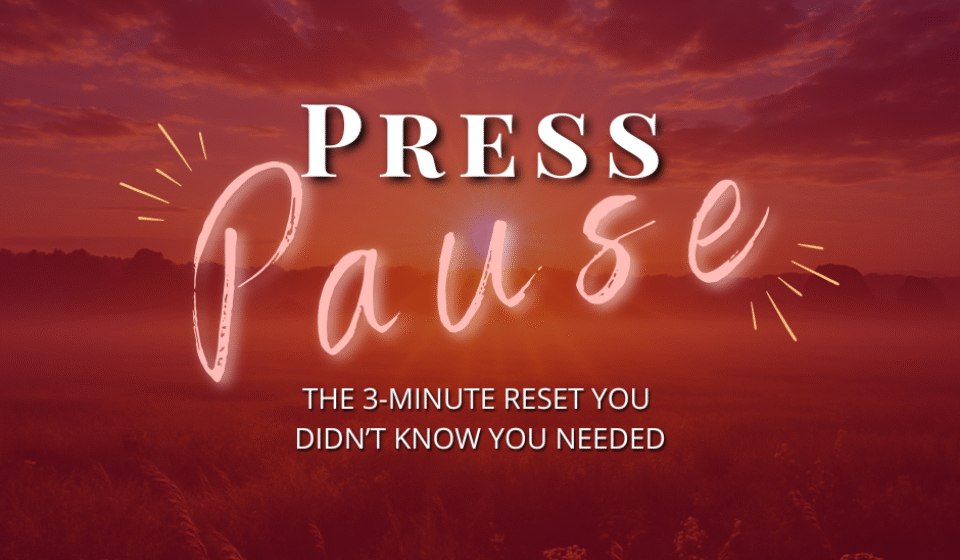Understanding PTSD: Signs, Symptoms, and Support Strategies - by The Montclair Therapist, Dr. Amanda Aster-McKenna, Psy.D - Licensed Psychologist in Montclair, NJ
June 2024 Newsletter

Understanding Post-Traumatic Stress Disorder (PTSD)
Hello Readers, and welcome to the month of June! This month, the mental health awareness initiative is centered around raising awareness of the signs and symptoms of Post-Traumatic Stress Disorder (PTSD), and ways that our community can help those suffering with PTSD. According to the National Center for PTSD, about 6 out of 10 men (60%), and about 5 out of 10 women (50%), will experience at least one form of trauma throughout their lifetime. While some individuals may recover from their traumatic experience within a few weeks, others may take months, or even years. For some, PTSD symptoms will not appear until long after the traumatic event occurred. It is important to know, and even more important to share, that PTSD is a real and debilitating mental health diagnosis, treatment is available, and recovery is possible. It is crucial to acknowledge the significant effects of trauma and to seek the appropriate treatment, rather than avoiding it.
What is PTSD?
PTSD is a mental health condition that can develop in some people after they have experienced, witnessed, or learned about a life-threatening event or serious injury.
What is considered a life threatening or traumatic event?
Some examples of life-threatening events can include combat or exposure to a war zone in the military or as a civilian; natural disasters such as tornados, floods, tsunamis, hurricanes, or earthquakes; transportation accidents such as a car accident, boating accident, train wreck, or plane crash; a serious accident that occurred at work, home, or during a recreational activity; exposure to toxic substances such as dangerous chemicals or radiation; being diagnosed with a serious medical condition such as terminal cancer or a traumatic brain injury; physical assault such as being attacked, hit, slapped, kicked, or beaten; assaulted with a weapon such as being shot at, stabbed, or threatened with a knife, gun, or bomb; sexual assault that can include rape or attempted tape, made to perform any type of sexual act through force or threat of harm, or any other unwanted to uncomfortable sexual experience; severe human suffering; sudden violent death such as homicide or suicide; sudden accidental death; or serious harm, injury, or death you caused to someone else.
What are the symptoms of PSTD?
- Re-experiencing symptoms: repeated, disturbing, and unwanted memories of the traumatic experience; nightmares and flashbacks; having strong physical reactions when reminded of the trauma such as rapid heart rate, sweating, flushed face, and trouble breathing
- Avoidance symptoms: avoiding memories, thoughts, or feelings related to the traumatic experience; avoiding external reminders of the traumatic experience such as people, places, conversations, activities, objects, and situations.
- Changes and alterations in mood and cognition: having trouble remembering some or all parts of the trauma experience; having strong negative beliefs about yourself, other people, and the world such as “I am bad”, “The world is a dangerous place”, “No one can be trusted”, “There is something seriously wrong with me”; intense feelings of guilt, shame, blame, anger and irritability; loss if interest in activities previously enjoyed; feeling distant and cut off from others; having trouble experiencing positive emotions such as being unable to feel happiness or have loving feelings towards those that are close to you
- Increase in arousal and reactivity: irritable behavior, angry outbursts, acting aggressively; feeling “keyed up” or “on edge;” being “on guard” or watchful often; difficulty sitting still; feeling jump and easily startled; difficulty concentrating and making decisions; trouble falling and staying asleep
What are some ways people try to cope with PTSD on their own?
Due to the stigma, shame, and misconceptions of this diagnosis, many people try and cope by themselves through means that offer short term relief but longer term negative consequences towards themselves, their relationships, and their overall quality of life that can include: excessive alcohol and drug use, misusing prescription medications; engaging in risky sexual behaviors, engaging in other types of risky behaviors such as driving significantly over the speed limit or walking in unsafe neighborhoods; engaging in excessive physical altercations, gambling, overeating, undereating, self-harming, or thinking about or planning one’s death, to name a few.
How can you help someone who is suffering from PTSD?
- Learn about PTSD and how it can affect the whole person.
- Listen to the individual when they say they are not ready to do something about it.
- Be there for them with a kind, listening ear, without trying to fix them.
- Encourage them to seek treatment from a qualified, trained, licensed professional such as a psychologist or licensed clinical social worker.
- Combat stigma: challenge the stigma surrounding PTSD, be mindful of your own language and attitudes, promote open non-judgemental conversations about mental health struggles in your circles, encourage others to see PTSD not as a sign of someone’s weakness or failure, but rather as a sign of a person’s resilience.
If you would like to sign up for my monthly newsletter, please email [email protected] to be added to the mailing list or enter your email address below.
*Peace, Love, & Fierce Acceptance*
Dr. Amanda Aster-McKenna, Psy.D.
(She/Her/Hers)
NJ Licensed Psychologist #5888, Private Practice, Montclair, NJ
Adjunct Professor, Kean University, Department of Advanced Studies in Psychology
Manager, New York City Chapter of the Association for Contextual Behavioral Science
Board Member, Mental Health Association of Essex and Morris


























